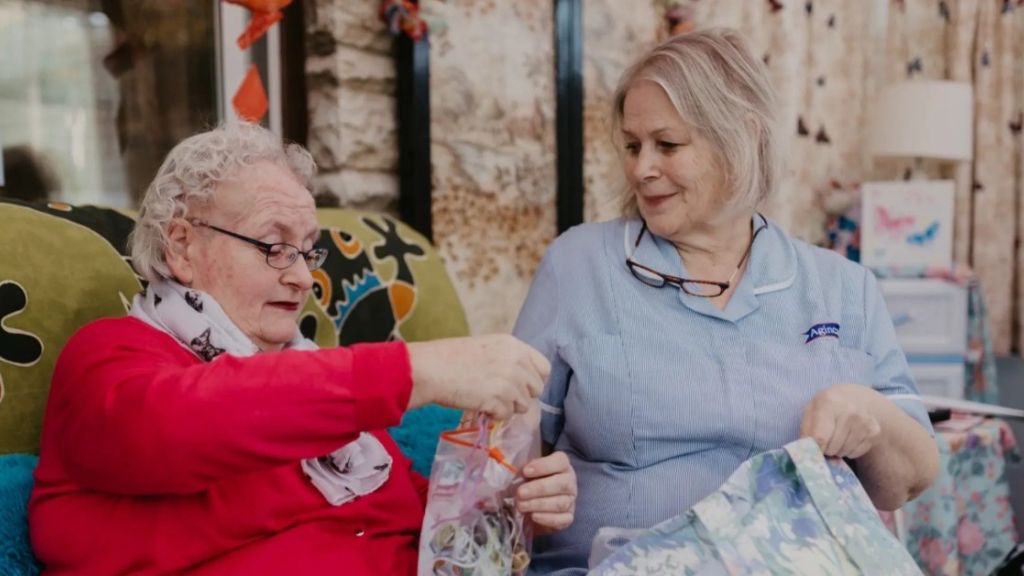Social care – the growing risk of a workforce mental health crisis
Care homes across the UK risk facing a mental health crisis if they don’t ensure they are looking after their staff in the wake of coronavirus, according to an expert from a leading care provider.
Claire Leake, people director at National Care Group, believes that the incredibly tough challenges faced by care home teams over the past eighteen months have the potential to be hugely damaging for staff if employers aren’t taking care of their wellbeing and mental health.
“With NHS data showing that the number of days taken off work by the UK public for mental health-related issues surged during 2020’s lockdowns, it has never been more important for employers to take care of their team’s mental health,” she said.
“This is especially relevant in the care sector, where staff have truly been on the front line of the pandemic and dealing with its impacts on a daily basis since early last year.”
Leake believes that one of the keys to success is for employers to lead by example, ensuring that they are showing their colleagues that mental health is a priority.
She said: “It is absolutely critical that the senior team in any business leads from the top. We aren’t immune to mental health issues ourselves but as leaders we often feel pressure to battle through them, thinking that is the way to lead by example.
“In reality, we need to be demonstrating that mental health comes first, and that it’s OK to take some holiday and have some downtime. By doing that, it pushes through to the team and cascades through the business.
“As part of this awareness, we try and ensure that as many of our senior team as possible have been through mental health first aider training – we want to build up a resilience within the business, which comes from knowing that our team leaders have the ability to spot those warning signs early and ensure that the individual gets the help they need.”
National Care Group currently employs 2,400 people across England and Wales. It has trained one mental health first aider for every 24 members of the team, with the target of that being one to every ten by the end of the year.

Leake said: “Since May, we have started to see a significant reduction in the number of days of mental health-related absence, which we believe is a combination of the number of trained mental health first aiders, as well as the work we have done as a team around Mental Health Awareness Week.
“Our focus on increasing the number of managers equipped with the knowledge and understanding to support colleagues with mental health-related issues will hopefully lead to a continued reduction in mental health-related absence, as well as ensuring proactive support upfront when warning signs occur.”
While Leake acknowledges the challenges posed by the differing attitude to mental health across the generations, she believes that significant progress is being made.
She said: “For some colleagues, there is still a bit of a stigma and they find it harder to talk openly about mental health than younger generations do, but progress is being made. For those younger members of the team, conversations about wellbeing are taking place from school age onwards, so they can talk to a friend or family member and the stigma just isn’t there.
“However, for a bank of people in the middle of their careers, they are still feeling their way with these kind of conversations, so it’s important for us to ensure we are opening it up to them and making it as broad as possible.”
Among the measures introduced by National Care Group are Wellbeing Wednesday, featuring on-demand yoga and mindfulness sessions, and the Employee Assistance app, which provides a daily mood tracker to offer holistic support as well as a confidential advice line that provides access to counselling support.
Leake believes that these measures will ensure that colleagues are happy in their roles and, in turn, able to offer the best possible care to the people they support.
She said: “Overall, this kind of approach is indicative of the commitment we have to our colleagues and ensuring that we are putting them at the forefront of everything we do so that they can unlock their potential. As an executive team, we lead by our actions and our examples, and we want to show that the support is not only there, but something we actively engage in.”




